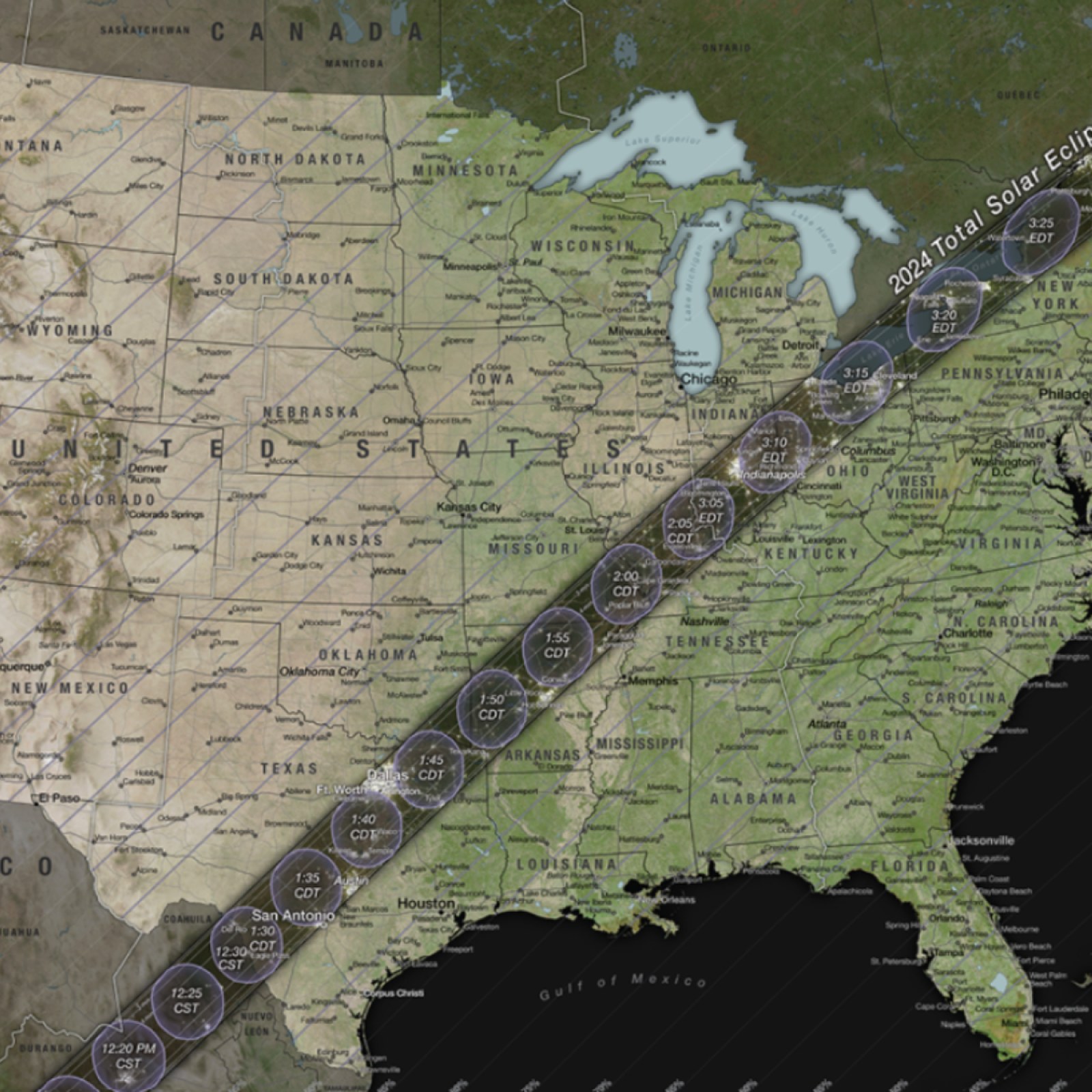How Much Does A Sacramento Criminal Defense Attorney Charge?

Last year, a survey revealed that five of the best cities to practice law, particularly for the high pay, are all located in California. But the top three shouldn’t come as a shocker to anyone: San Francisco, San Jose, and Los Angeles. The yearly median salary for lawyers in these places plays around six figures, with associates earning five. (1)

Sacramento isn’t in the top ten, but it’s nothing short of a lucrative place for both prosecutors and defense attorneys. The latest data indicates that Sacramento-based lawyers,on average, earn 41% above the national average yearly. Even those less than a year into their practice can make close to USD$100,000 yearly. (2)

A lawyer can’t make this much money without charging a hefty premium for their services, often between USD$100 and USD$350 every hour (depending on the case). But there are several good reasons for this price tag. (3)

Law school is expensive
- Drug-related crimes
- Domestic violence
- Driving under the influence (DUI)
- Child molestation/pornography
- Hit-and-run crimes
- Sex offender registration
- Other misdemeanors and felonies
Learning, let alone being well-versed at, one of these takes a significant amount of investment. Aspiring law practitioners have to attend law school for several years on top of their undergrad degrees (which can be anything from political science to even engineering).
Getting taught by legal experts with decades of experience and hitting the books come at a hefty cost. A study of nearly 200 law schools nationwide found that the average yearly tuition for law schools was at USD$47,300 (for both in-state and out-of-state enrollees). While law degrees usually take three years to finish, some pursue advanced studies for one or two more years. (4)
Given the cost, it’s not unusual for law students to take out student loans to support their studies. Paying them off throughout their legal career is only possible through a six-figure yearly salary, and it may still take them years.
Not enough lawyers
In 2019, The New York Times ran a feature on a lawyer in Louisiana who handled nearly 200 felony cases in 2017. Between high-level felonies that require around 70 hours of attention per client and life-without-parole cases that need over 200, he’s taken a workload equivalent to five full-time lawyers. But these are rookie numbers compared to another lawyer who handled 413.
Such an instance isn’t a one-off: there’s a shortage of defense attorneys all over the U.S. One estimate indicates that there’s a lawyer for every 240 Americans, but that’s not taking into account their distribution. Large cities like Sacramento will have an abundance of lawyers, but many places will have as little as one per a thousand people, if not none at all. (5)
The attorney-to-resident ratio in California is more significant, with one lawyer for every 626 residents. Of the state-registered lawyers, only 3% practice or have offices in the state’s rural areas. Legal experts refer to places with a vast disparity of lawyers to residents as “legal deserts.”
This shortage, which has been going on for years, means defense attorneys will have to handle hundreds of cases at a given time. State guidelines say, at least for public defenders, a lawyer should take no more than 150 cases in a year. But with the shortage, it’s hard to work below this limit.
Supply and demand apply in this context; a limited supply of lawyers means they can command a higher price for their services. Even as they take on a client, lawyers may be dealing with tens of other clients and their cases. The fatigue from so much workload will affect the lawyer’s well-being one way or another.
Legal overheads
More lawyers, especially those fresh out of law school, prefer to work with a law firm than start their own private practice. For one, they could use the help andexpertise of their senior counterparts. It also provides them withbetter job security.
However,overheads are a pressing concern for law firms. One study shows that as much as half of an average law firm’s earnings go to office expenses, with three distinct expenditures making up at least 68% of the total overhead:
Turnover costs
Between 30% and 50% of the firm’s expenses go to hiring new lawyers and support staff, training them, and—more importantly—paying their salaries. However, the same study stressed that this figure mainly applies to entry and mid-level employees.High-level ones like senior lawyers can be paid up to 150% of the turnover costs.
Office space
Office space rent accounts for between 9% and 12%, though some experts say a law firm shouldn’t pay more than 7%. Nevertheless, some firms make the mistake of renting out a space that’s too big or too small for their needs. This can inevitably affect their bottom line, prompting them to increase the cost of their services.
Technology
With more law firms integrating digital skills into their craft, investing in state-of-the-art business solutions is no longer just necessary but inevitable. While they improve productivity in the long run, these suites have a relatively high upfront. Law firms may spend around 4% on acquiring smart devices, office software, and others.
Tailored to the client
Lastly, no two clients receive the same type of expertise from lawyers. Because legal cases vary as much as snowflakes, lawyers have to tailor their research and approaches to suit their clients’ needs. For example, two cases may carry the same DUI criminal charge, but one involves drugs and the other one alcohol.
Takeaway
These factors make hiring a lawyer a costly endeavor, though no less necessary. But it’s crucial to keep in mind that not all private attorneys charge high; for instance, it’s not unusual for some to offer their services pro bono (free or at a reduced cost). In the end, hiring a defense attorney is all about finding the one that provides the best bang for the client’s buck.



